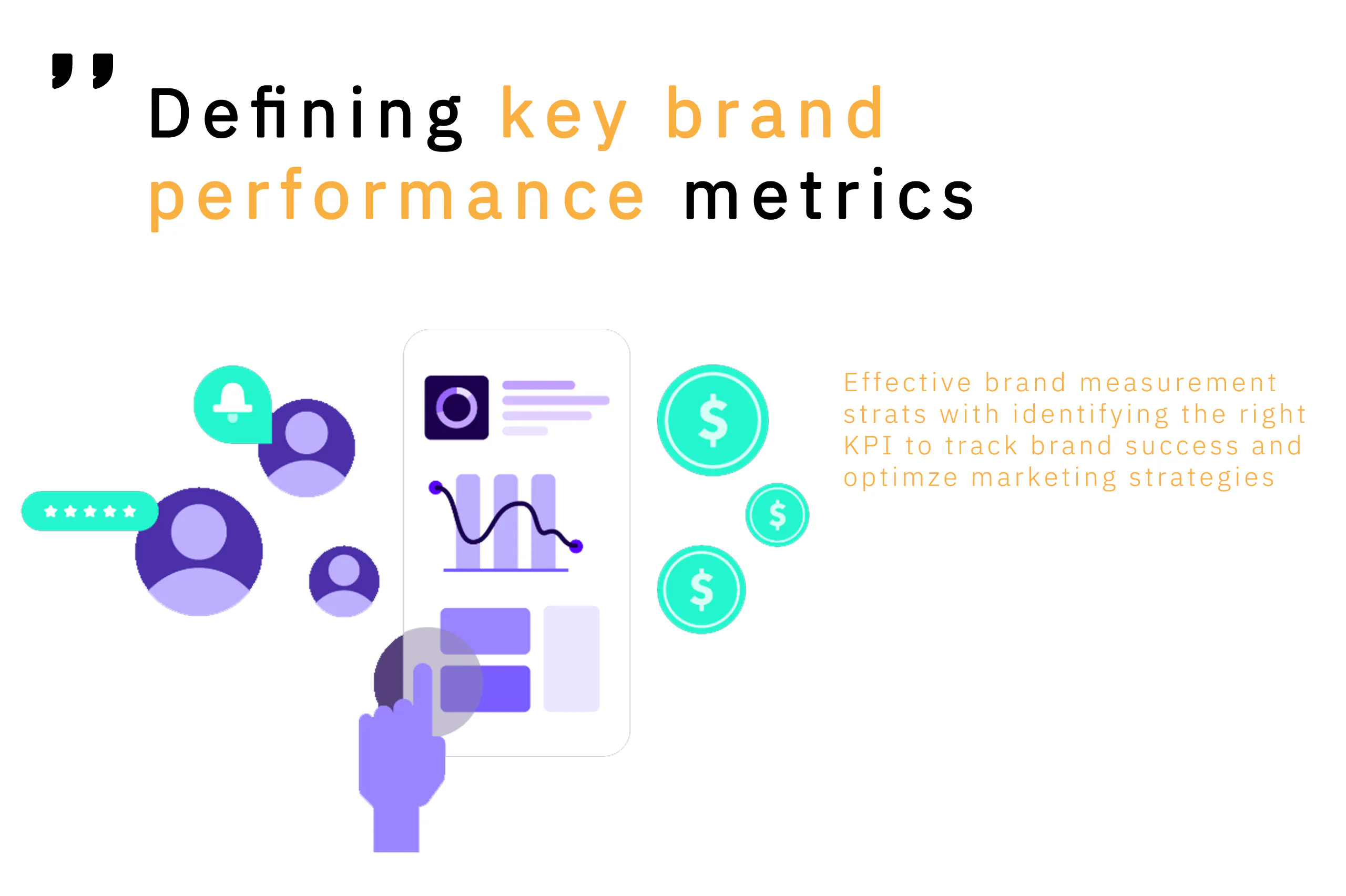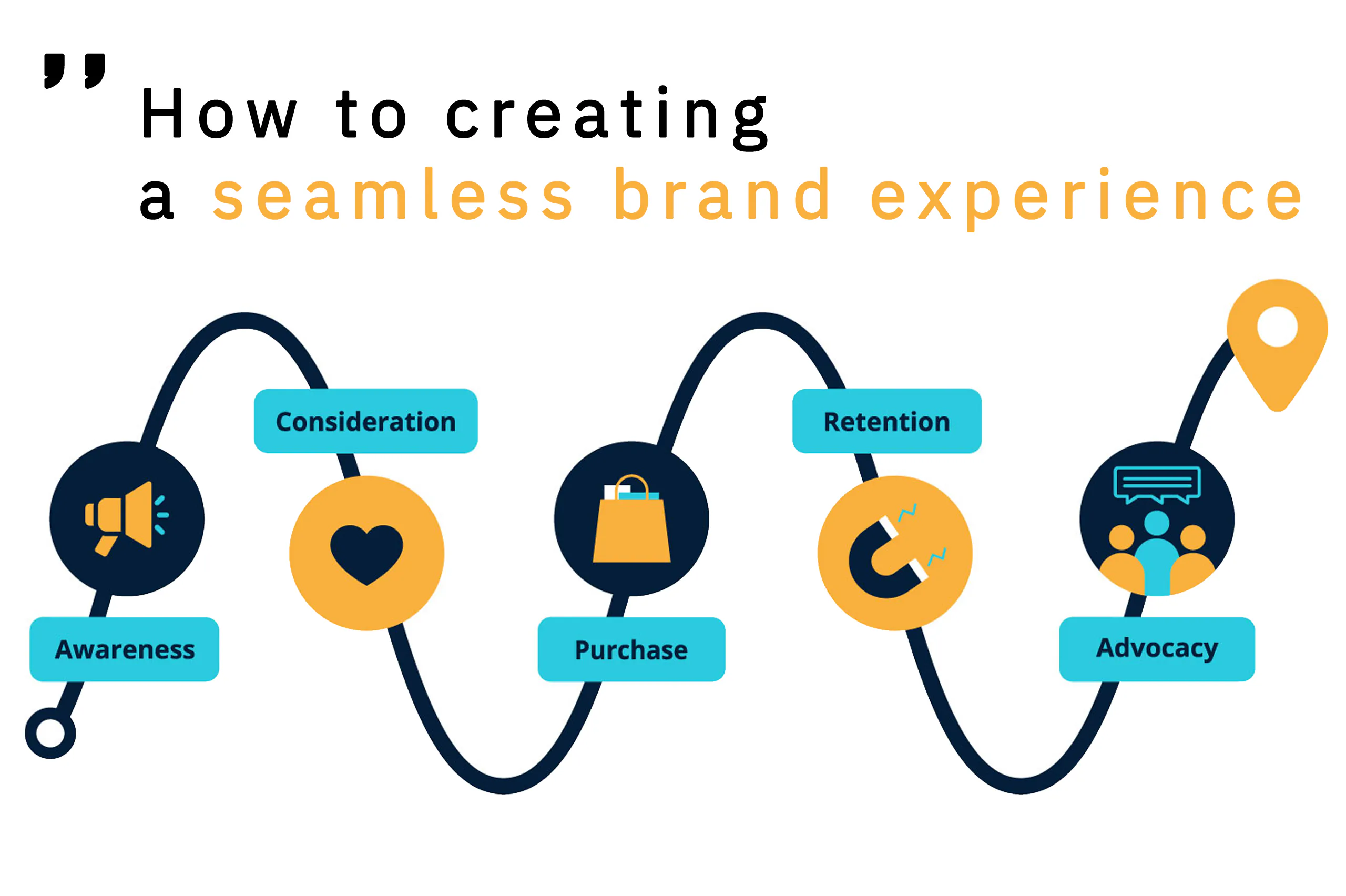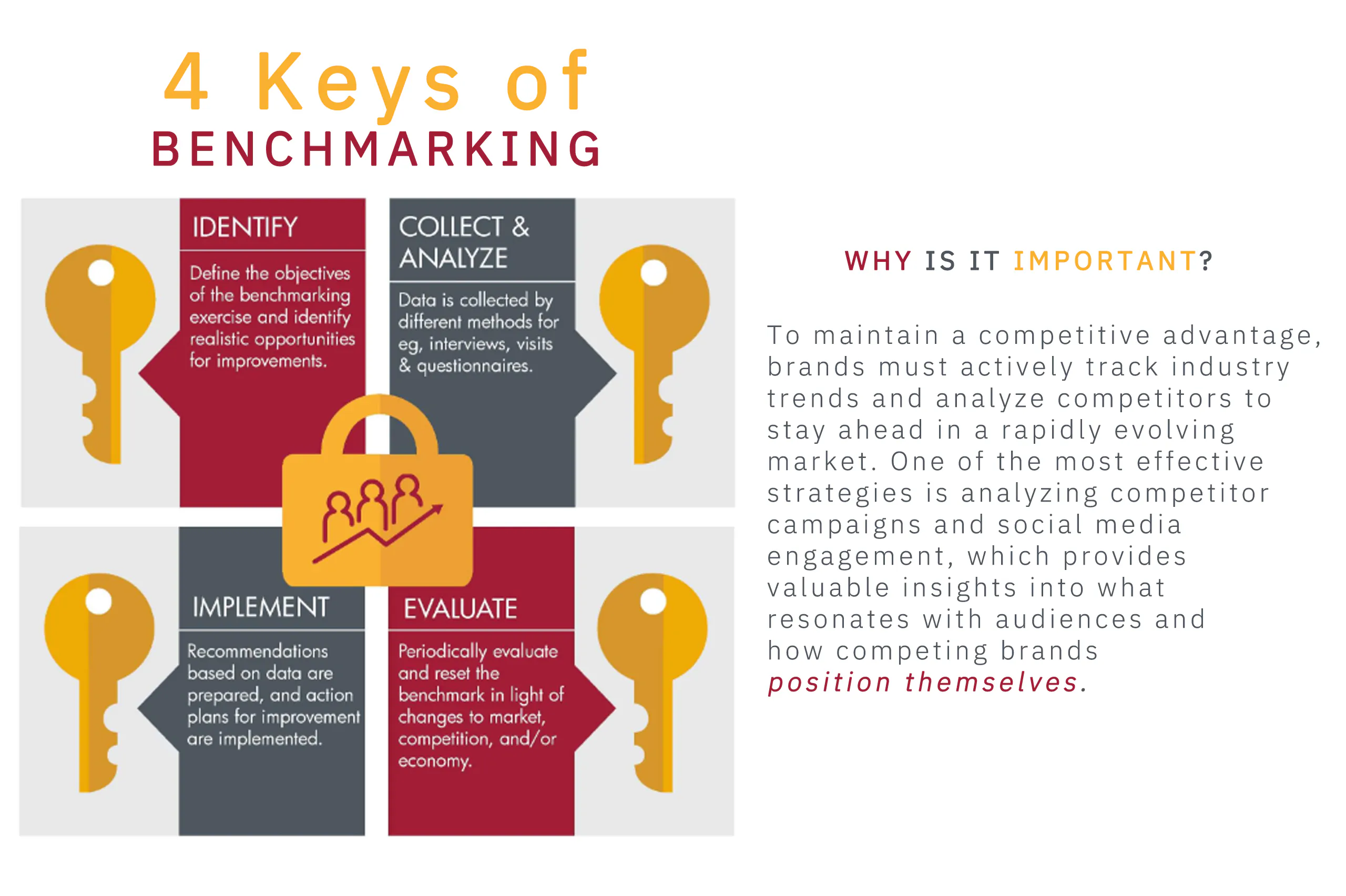
In 2025, brand success is no longer just about recognition—it’s about measurable performance, continuous optimization, and sustainable growth. Businesses must track key metrics, leverage data analytics, and refine their branding strategies to stay competitive.
In this article Mahardhika will explores how to optimize brand growth and performance measurement for long-term success.

Defining key brand performance metrics
Effective brand measurement starts with identifying the right Key Performance Indicators (KPIs) to track brand success and optimize marketing strategies. Brand awareness plays a crucial role in determining how well your audience recognizes and recalls your brand, which can be measured through surveys, social media mentions, and search volume analytics. Customer engagement reflects how actively your audience interacts with your brand across platforms, including social media, website visits, and content performance metrics. To ensure long-term success, businesses must also focus on customer loyalty and retention, analyzing key metrics such as repeat purchases, Net Promoter Score (NPS), and Customer Lifetime Value (CLV) to understand brand affinity. Additionally, market share growth provides insights into how your brand performs against competitors, highlighting opportunities for expansion. Lastly, tracking Return on Investment (ROI) helps evaluate the financial impact of branding and marketing initiatives, ensuring that every campaign contributes to business growth. By leveraging these KPIs, brands can make data-driven decisions, refine their strategies, and drive sustainable success in an increasingly competitive digital landscape.
Leveraging data & AI for brand insights
In today's competitive market, data-driven decision-making is essential for achieving brand success and maintaining a strong market presence. By leveraging AI-powered tools, businesses can gain valuable insights that drive smarter marketing strategies. One of the most impactful applications is monitoring consumer sentiment through social listening, allowing brands to understand customer opinions, preferences, and emerging trends in real time. Additionally, AI helps predict market trends by analyzing historical data, enabling companies to stay ahead of industry shifts and customer demands. Audience segmentation is another key advantage, as AI-driven insights allow brands to create highly personalized marketing campaigns that resonate with specific customer groups. Moreover, businesses can optimize campaigns using real-time performance data, ensuring that marketing efforts are continuously refined for maximum engagement and ROI. By integrating data analytics and AI-driven strategies, brands can enhance decision-making, improve customer experiences, and drive long-term brand growth in an increasingly digital landscape.
Creating a seamless brand experience

Creating a strong brand experience is essential for fostering customer loyalty and maintaining a competitive edge in today’s market. One of the most effective strategies is omnichannel engagement, which ensures a seamless and consistent brand experience across multiple touchpoints, including social media, websites, and in-store interactions. By integrating these platforms, brands can provide a cohesive customer journey that strengthens engagement and enhances user satisfaction. Another key factor is personalization, where businesses leverage customer data to deliver tailored messaging and product recommendations that resonate with individual preferences. This level of customization not only increases conversion rates but also builds deeper emotional connections with the audience. Additionally, exceptional customer support plays a crucial role in enhancing brand perception. Implementing AI chatbots and dedicated service teams allows businesses to provide real-time assistance, quick issue resolution, and a more interactive user experience. By prioritizing these elements, brands can create a compelling and memorable customer experience that drives long-term retention and brand advocacy.
Optimizing marketing performance for growth
Measuring and refining marketing efforts is crucial for achieving brand performance optimization and maximizing return on investment. One of the most effective strategies is attribution modeling, which helps brands determine which marketing channels drive the most conversions and allocate budgets accordingly. By analyzing customer touchpoints, businesses can identify high-performing channels and optimize their marketing mix for better results. Another essential tactic is A/B testing, where brands test different ad creatives, messaging, and call-to-action elements to understand what resonates best with their audience. This data-driven approach ensures that every campaign is continuously improved for higher engagement and conversion rates. Additionally, leveraging performance dashboards such as Google Analytics, HubSpot, or Tableau allows businesses to track real-time campaign performance, monitor key metrics, and make data-backed marketing decisions. By implementing these strategies, brands can refine their marketing efforts, enhance customer acquisition, and drive sustainable brand growth in an increasingly digital-first world.
Competitor benchmarking & industry analysis

To maintain a competitive advantage, brands must actively track industry trends and analyze competitors to stay ahead in a rapidly evolving market. One of the most effective strategies is analyzing competitor campaigns and social media engagement, which provides valuable insights into what resonates with audiences and how competing brands position themselves. Monitoring industry pricing strategies and customer sentiment is also essential, as it helps businesses understand market fluctuations and adjust their value propositions accordingly. Additionally, brands must continuously identify emerging consumer behaviors through market research, leveraging data analytics and AI tools to anticipate shifts in preferences and expectations. By implementing these tactics, brands can refine their marketing strategies, optimize their brand positioning, and ensure they remain relevant and competitive in 2025 and beyond.
Continuous brand adaptation & innovation
A stagnant brand risks losing relevance in an increasingly competitive market, making continuous growth and innovation essential for long-term success. To stay ahead, brands must focus on refreshing their brand identity to ensure they remain modern, engaging, and aligned with evolving consumer expectations. This may involve updating visual branding, refining messaging, or embracing new digital platforms. Additionally, developing new products or services based on market demand allows brands to expand their offerings and cater to shifting customer needs. In today’s eco-conscious landscape, implementing sustainability initiatives is also crucial, as consumers are increasingly drawn to brands that demonstrate environmental and social responsibility. By prioritizing innovation, adaptability, and sustainability, brands can secure their position in the market and drive sustained brand growth in 2025 and beyond.
Measuring brand performance with key metrics
Tracking brand performance is essential for ensuring long-term growth and competitiveness in 2025. Businesses need to measure Customer Lifetime Value (CLV) to evaluate the long-term revenue generated from repeat customers, providing insights into customer loyalty and profitability. Another critical metric is the Net Promoter Score (NPS), which helps brands understand customer satisfaction levels and the likelihood of word-of-mouth referrals. To assess market positioning, Market Share Growth is a key indicator, allowing brands to compare their performance against competitors and identify expansion opportunities. Additionally, Brand Sentiment Analysis powered by AI tools enables businesses to track public perception in real-time, ensuring they can swiftly respond to consumer feedback and maintain a positive brand reputation. By leveraging these performance measurement strategies, brands can refine their marketing efforts, enhance customer experiences, and drive sustainable brand growth in a dynamic market.
Beyond the strategy to achieve sustainable brand growth in 2025
Sustainable brand growth is an ongoing process that requires data, strategy, and adaptability. By focusing on key metrics, leveraging AI-driven analytics, optimizing customer experiences, and staying ahead of trends, businesses can build a brand that thrives.
At Mahardhika we specialize in brand growth and performance measurement, offering data-driven strategies that drive long-term success. Contact us today to develop a personalized brand strategy that ensures sustainable growth in 2025 and beyond!
E-Mail : hello@mahardhikabrand.com
Phone : +6281230196330
WhatsApp : +6281230196330
Social : @mahardhikabrand
